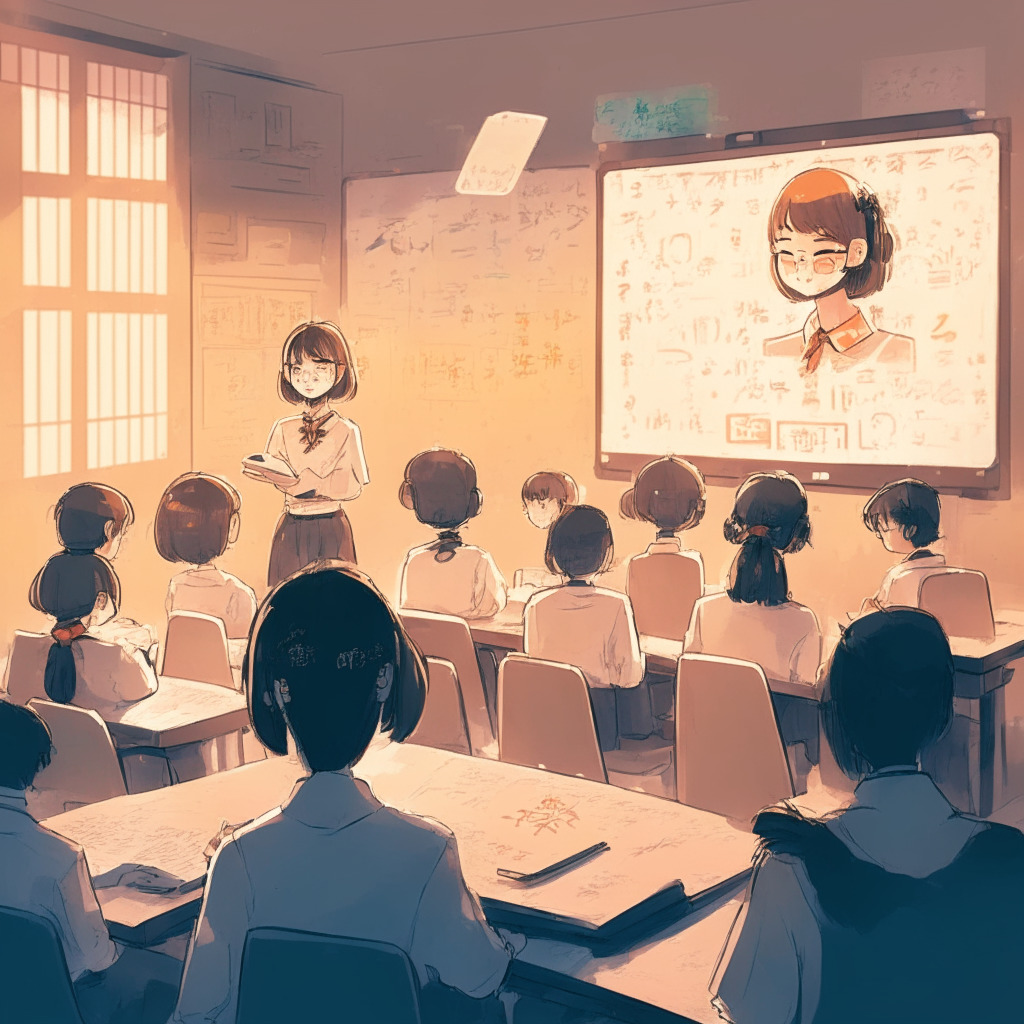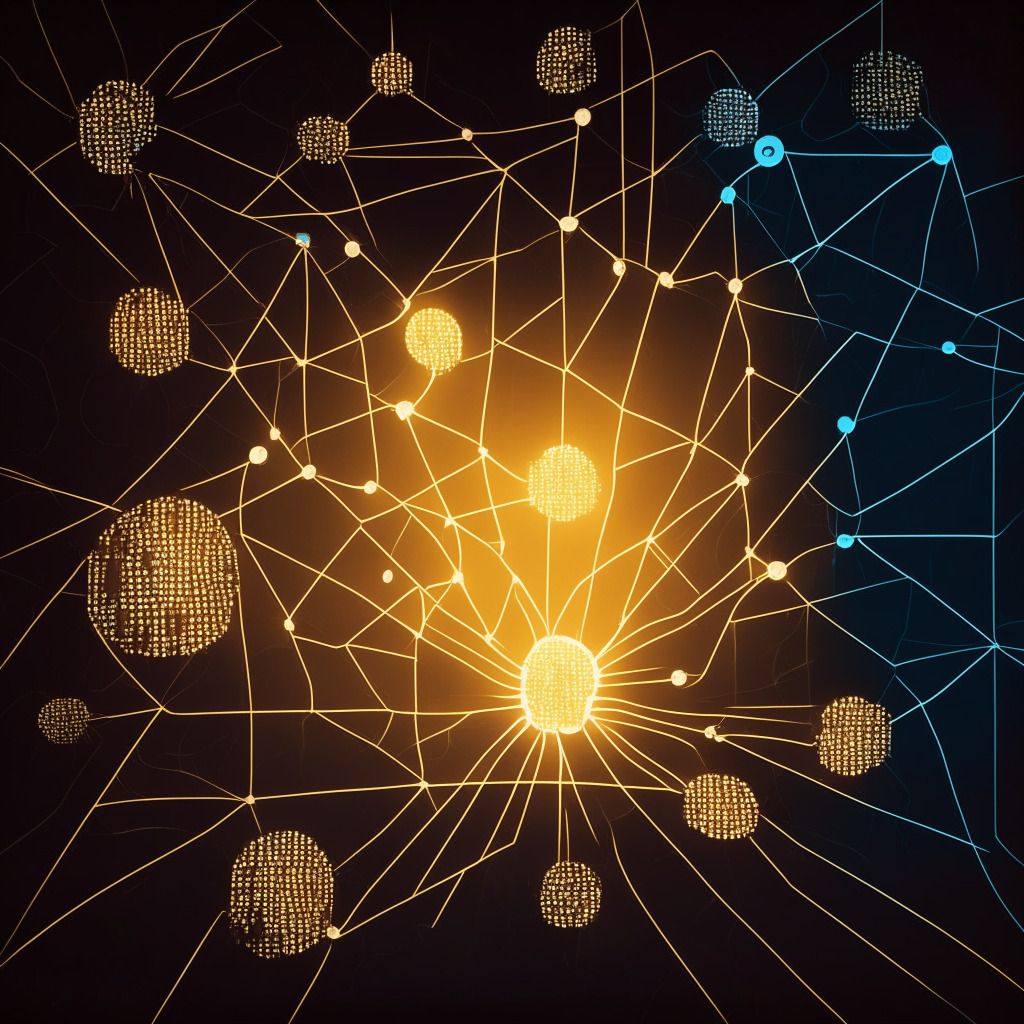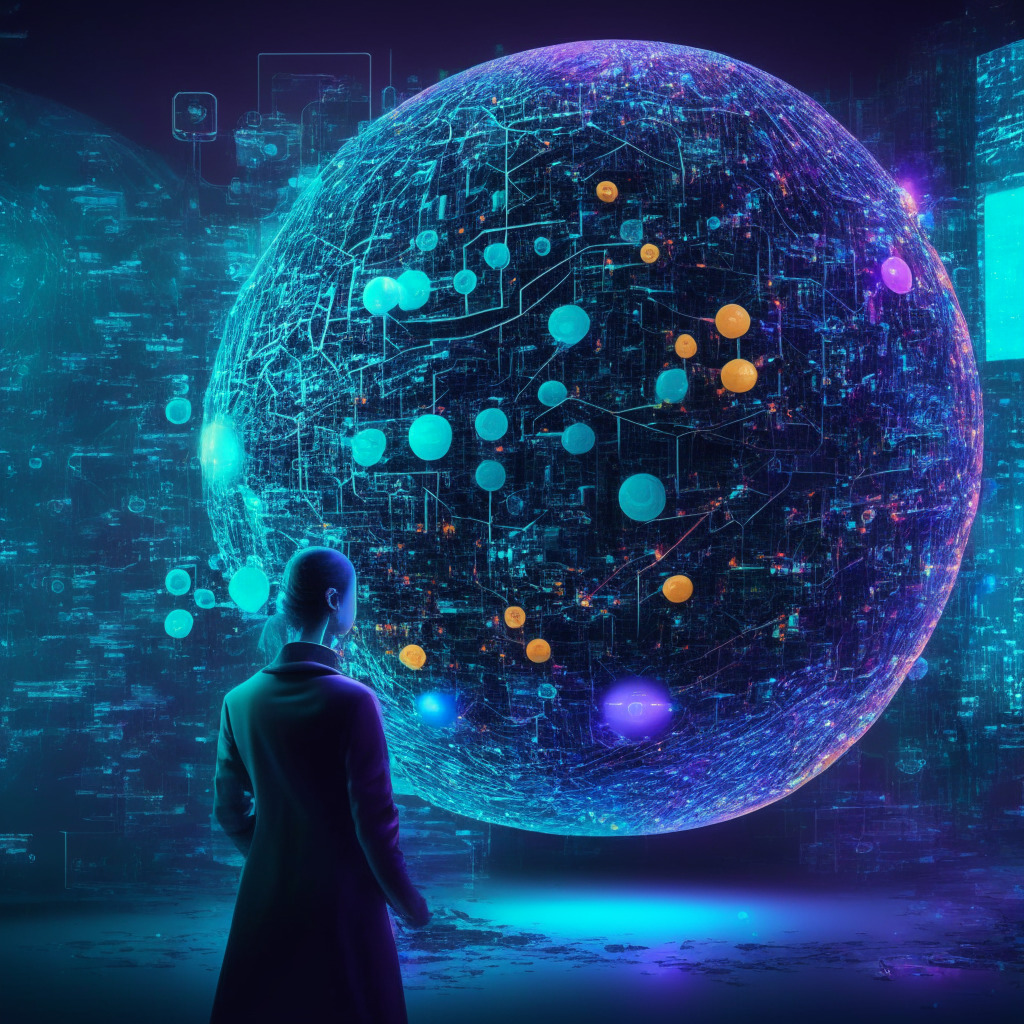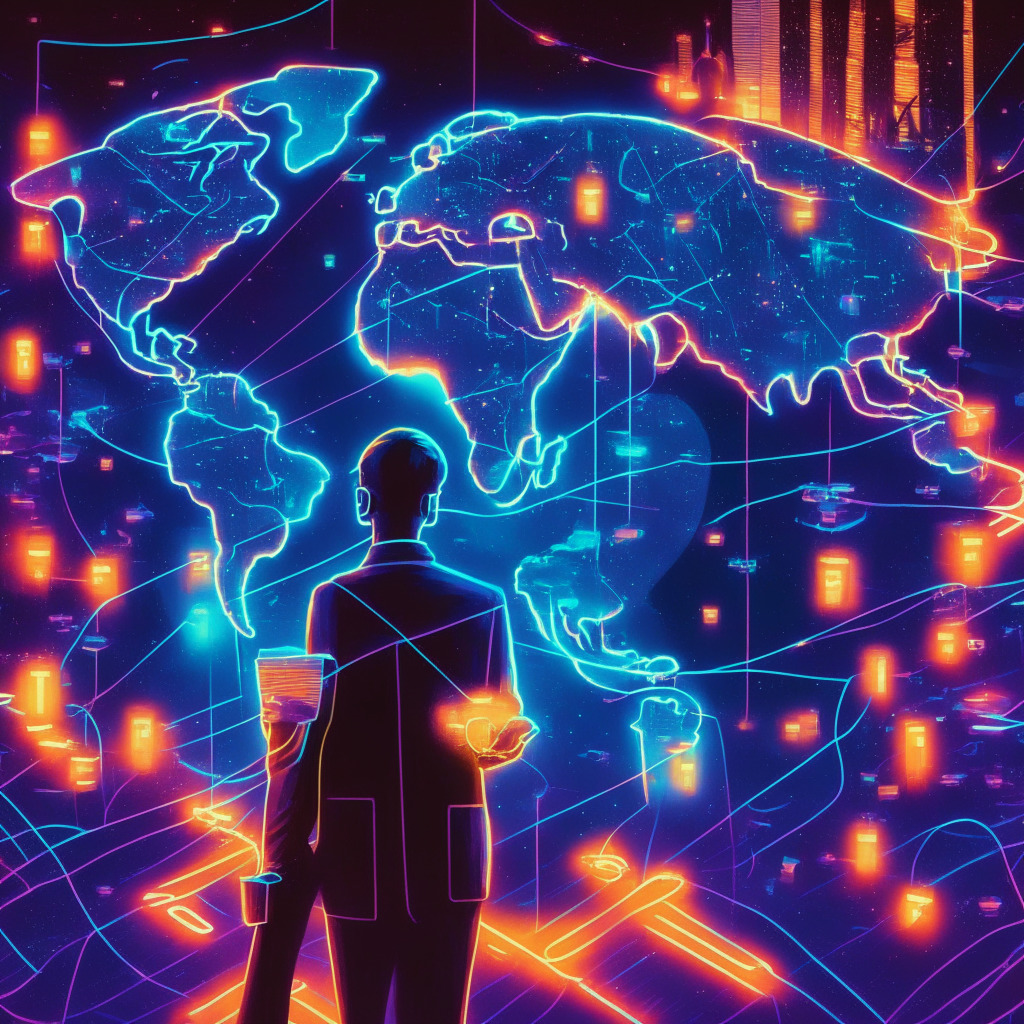The Japanese Ministry of Education recently announced plans to permit limited usage of generative artificial intelligence (AI) tools in classrooms across the country, from elementary to high school. Generative AI tools, such as the popular chatbot ChatGPT, will be allowed to facilitate in-class discussions and enhance artistic activities, among other use cases. However, the guidelines state that blanket usage of AI tools will not be allowed, with teachers required to ensure students understand that AI usage for exams or classwork is considered cheating.
This announcement comes as Japanese regulators grapple with how to regulate and implement AI technology at a national level. Initially, Japanese officials showed open support for OpenAI‘s ChatGPT chatbot, even as countries like Italy banned the technology and uncertainties surrounding its usage began to surface. However, more recently, lawmakers in Japan have expressed concerns over AI infringement, calling for regulations to protect copyright holders.
The Ministry of Education’s decision also raises questions about data privacy. Teachers and students are encouraged to be mindful of the data entered into AI systems. Earlier this year, lawmakers in Japan warned OpenAI about its data collection methods and asked the company to minimize the sensitive data it collects. A poll of eligible voters in Japan found that 69.4% would like stricter regulations for AI development and implementation.
Introducing AI technology into education, even with restrictions, inevitably highlights the debates surrounding AI’s role in society. As generative AI continues to advance, both its benefits and potential risks will need to be carefully considered to ensure optimal outcomes for students and the wider community. While AI can aid in the learning process and promote innovation, concerns about data privacy, cheating, and copyright infringement are important factors that require proper attention and regulation. Allowing limited AI usage in Japanese schools can potentially serve as a starting point to evaluate the technology’s impact on education and help shape policies and guidelines for its broader integration into society.
Source: Cointelegraph




